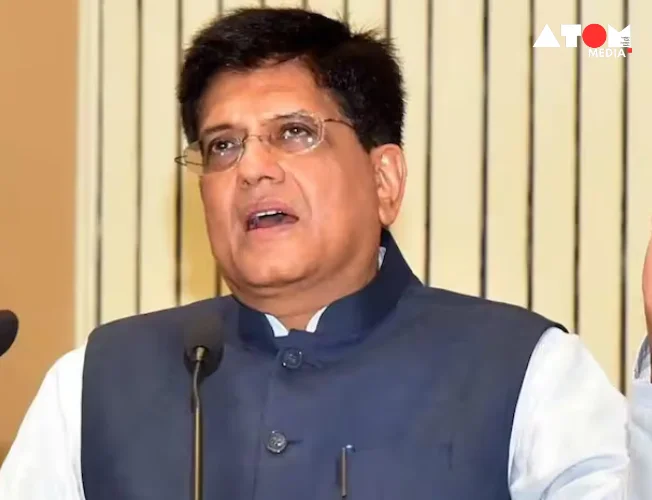The Indian government has launched a major drive to boost the country’s technical textiles sector. The Union Textiles Ministry, under its National technological Textiles Mission (NTTM), has developed a grant program to support 150 entrepreneurs creating advanced technological textiles.
Focus on Kevlar And Spandex
The grant program provides financial assistance of up to ₹50 lakh (about. $62,500 USD) to chosen startups. These funds are primarily aimed at companies who develop and manufacture innovative technical textiles such as Kevlar, Spandex, Nomex, and Twaron. These specialized materials have wide-ranging applications in areas such as aerospace, defense, autos, healthcare, construction, and agriculture.
India’s Growing Technical Textiles Market
India’s technical textiles market is seeing rapid growth. According to a KPMG report, the Indian market is the world’s fifth largest, worth $21.95 billion in 2021-22. Production in the country totals $19.49 billion, with imports accounting for the remaining $2.46 billion. Over the last five years, the Indian technical textiles market has grown at an annual rate of 8-10 percent. The government’s ambitious goal is to boost this growth rate to 15-20% over the next five years.
Aligning with Global Trends: Capitalizing on the Technical Textiles Boom
The global technical textiles market is expected to reach $212 billion in 2022, with forecasts for a rise to $274 billion in 2027. This corresponds into a 5.2% compound annual growth rate (CAGR) from 2022 to 2027. This rise is being driven by an increase in demand across many industries, as well as the ongoing development of creative uses for technical textiles. The Indian government’s drive to encourage entrepreneurs is strategically aligned with this global trend, with the goal of establishing India as a market leader in technical textiles.
Relaxed Royalty Cap: Empowering Startups for Sustainable Growth
In an effort to encourage long-term success for participating firms, the Textiles Ministry has lowered the royalty cap linked with the funding program. Traditionally, funding providers have claimed a part of a startup’s income as a royalty in compensation for their investment. By lowering this cap, the government has reduced the potential financial burden on entrepreneurs, giving them more opportunity to invest in research, development, and business expansion.
NTTM’s Vision: Propelling India to Global Technical Textiles Leadership
The NTTM, which was launched in 2020, is a key program in the government’s ambition to develop India as a global leader in technical textiles. The objective is to promote research, innovation, and wider adoption of technical textiles across diverse sectors. Aside from the funding program, the government has adopted a production-linked incentive (PLI) scheme for textiles, launched the PM MITRA Parks program, enforced quality control laws, and set over 500 standards to support the technical textiles industry.
Exploring Fabric-Based Artificial Teeth
The Textiles Ministry is actively exploring avenues beyond grant programs to advance the technical textiles landscape. An example of this forward-thinking approach is the ministry’s ongoing project to develop fabric-based artificial teeth as a more affordable alternative to conventional dental implants. This initiative involves utilizing polyester-based dental resins as a substitute for expensive ceramic, polymer, and composite implants. Research efforts are underway in collaboration with esteemed institutions like AIIMS and IITs. Fabric-based teeth are already a reality in countries like Germany and the United States, offering a cost-effective solution for dental care.
Combating Substandard Imports
The government is using a multifaceted strategy to boosting the technical textiles sector. One critical component is the deployment of new Quality Control Orders (QCOs) for specific textile products. This effort seeks to impose stronger rules on technical, protective, and build-tech textiles, so effectively reducing the influx of substandard imports, mainly from China. Technical textiles include items such as PPE kits and masks, whereas protective textiles offer safety equipment for firefighters and construction workers. Currently, the QCO framework applies to bedsheets, pillow covers, shoe covers, napkins, baby diapers, orchard protection coverings, fencing nets, and insect nets. The government’s ambitious goal is to bring over 2,000 items under the jurisdiction of QCOs in the coming years.
Read more: Marketing News, Advertising News, PR and Finance News, Digital News





